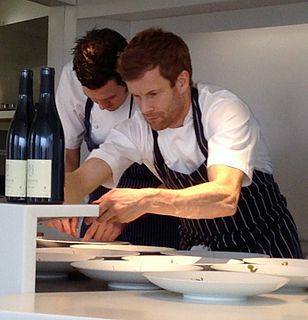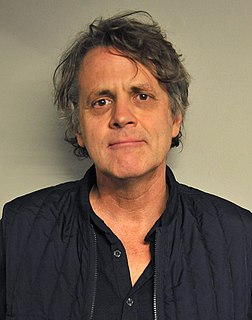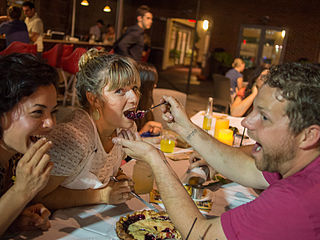A Quote by Billy Corgan
I think humankind is going to have to evolve into systems that are more transparent. Then people will be able to make more integral choices about the food they eat.
Related Quotes
I think more and more foundations are putting resources into food activism. But I think that given the state of the economy, foundations won't be giving as much in general. For me it's about working with these existing institutions in communities that people already go to, that people trust, that they know, and determining how best they can play a role in the creation of local food systems and address the ills that are right around them in the community.
We need to realize that these industrial methods of farming have gotten us used to cheap food. The corollary of cheap food is low wages. What we need to do in an era when the price of food is going up is pay better wages. A living wage is an absolutely integral part of a modern food system, because you can't expect people to eat properly and eat in a sustainable way if you pay them nothing. In fact, it's cheap food that subsidized the exploitation of American workers for a very long time, and that's always been an aim of cheap food.
Well, in our industry it's that the movies cost so much money to make they have to appeal to a broad audience. And I think that's part of what will loosen up in the future, as technology makes it cheaper, you'll be able to make films for a more selective audience. I think people will be able to make more personal movies.
When we generally make healthy choices about food (or wise choices about life), we tend to move in the right direction, living as we believe God wants us to live. If we make an intentional exception for a special treat or for a diversion, that might not be a big deal. But if we step off the best path, we're tempted to detour into more unwise choices. In that case, your decision does matter.
I think going public should not be a goal and the more that we make it a goal, the less it will be a goal. It's kind of like, I have three young children and when I tell them to eat vegetables, the last thing they will ever do is eat vegetables. I think it's just this weird thing where entrepreneurs have a reflexive negative reaction when people are pushing for it. I think you have to view going public for what it is, which is a transitional moment where you can consolidate mindshare and win at an even larger scale.



































